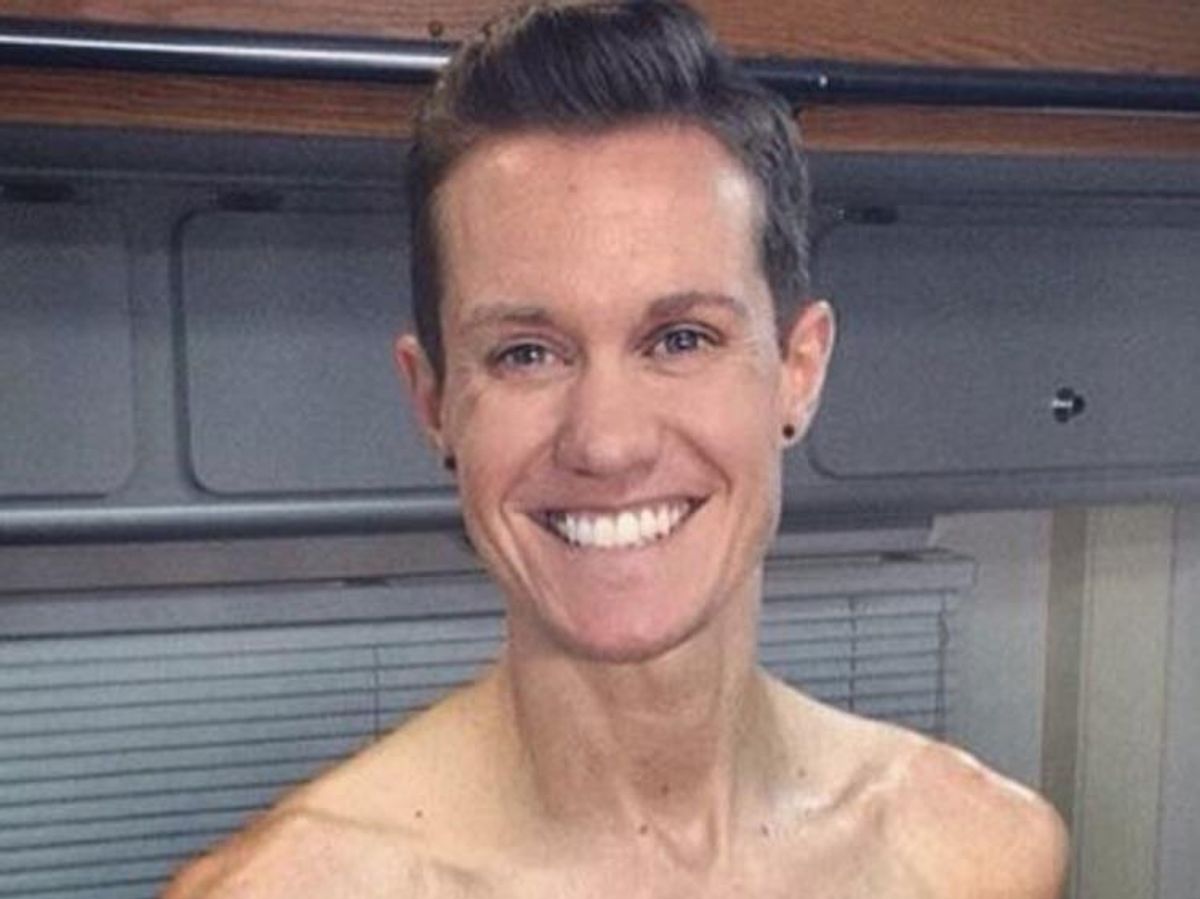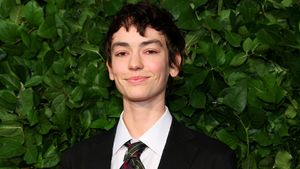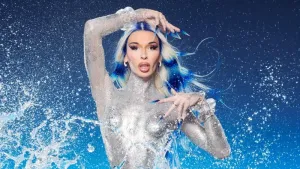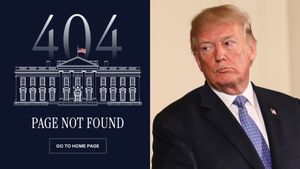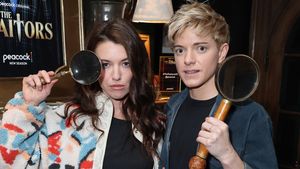You've seen Chris Mosier around. He's the first transgender athlete to make the men's national team. He was the first transgender athlete featured in this year's body issue of ESPN magazine. He also appeared in a Nike ad released during this year's Olympic games in Rio.
Of all those accomplishments, the last reall sticks out for Mosier.
"Since I was a kid, it's always been a dream to be in a Nike ad," he tells Out. "It's a great storytelling piece. A lot of people, a lot of athletes, identify with facing a challenge and pushing through."
Mosier is an accomplished athlete, but when he talks about his achievements over the last year, he lingers over the moments when he could bring more visibility to transgender athletes--especially young and aspiring athletes.
"My experience would have changed drastically if I had someone to look to when I was questioning my identity," he says. "I never saw myself reflected in the greater sports community. When you can compete, and excel, in your sport and still be your authentic self--that's when barriers get broken down."
Nike released Mosier's ad in time for the Rio Olympics, where at least 50 openly lesbian, gay, and bisexual athletes are competing--no out transgender athletes though. Still, would Mosier call the presentation in Rio a game changer for athletics?
"No," he says. "Look at the media coverage. Same-sex partners don't get the same attention as heterosexual partners. Writers and broadcasting still won't acknowledge our partners, our relationship. This doesn't mark a game-changing moment, but it does mark a path of progress that we are on at every major sporting event."
He specifically mentions the report from The Daily Beast on online dating in the Rio Olympic village. The LGBT community panned the article as homophobic and a danger to athletes who weren't out yet.
"You wonder why there aren't out athletes? It's because of stories like that," Mosier says. "Those stories humiliate and shame us. Stories like that could risk our careers, our livelihoods--everything we've worked so hard could be taken away with one careless post."
However, Mosier also praised the power of stories in pushing athletic organizations to change. He credited his story and his appearance in the ESPN body issue--the first transgender athlete to be featured in the annual special edition--with compelling the International Olympic Committee to accelerate their decisions regarding transgender competitors in the duathlon world championships.
And of course, he loved the photographs.
"My body is not reflective of all trans bodies, certainly," he says, laughing. "But the story got people talking about trans inclusion in a way they hadn't before. To see a trans athlete's body in a major sports magazine humanizes us as athletes and challenges our sports groups to see us that way."
While Mosier enjoys blazing his own trail, he believes the next milestone for LGBT athletes won't necessarily be the next out Olympian, or even the first out trans Olympian. The next step starts with young athletes.
"We need more inclusive policies in high school, in youth sports," he says, "especially for young trans women. I got my male privilege when I transitioned. When I competed against cisgender men, when I won against them, it was so positive. It was almost a non-story. Trans women don't have that same experience in athletics. We need to amek sure we can include them in a way that is safe for them. That's the next conversation we need to have."
